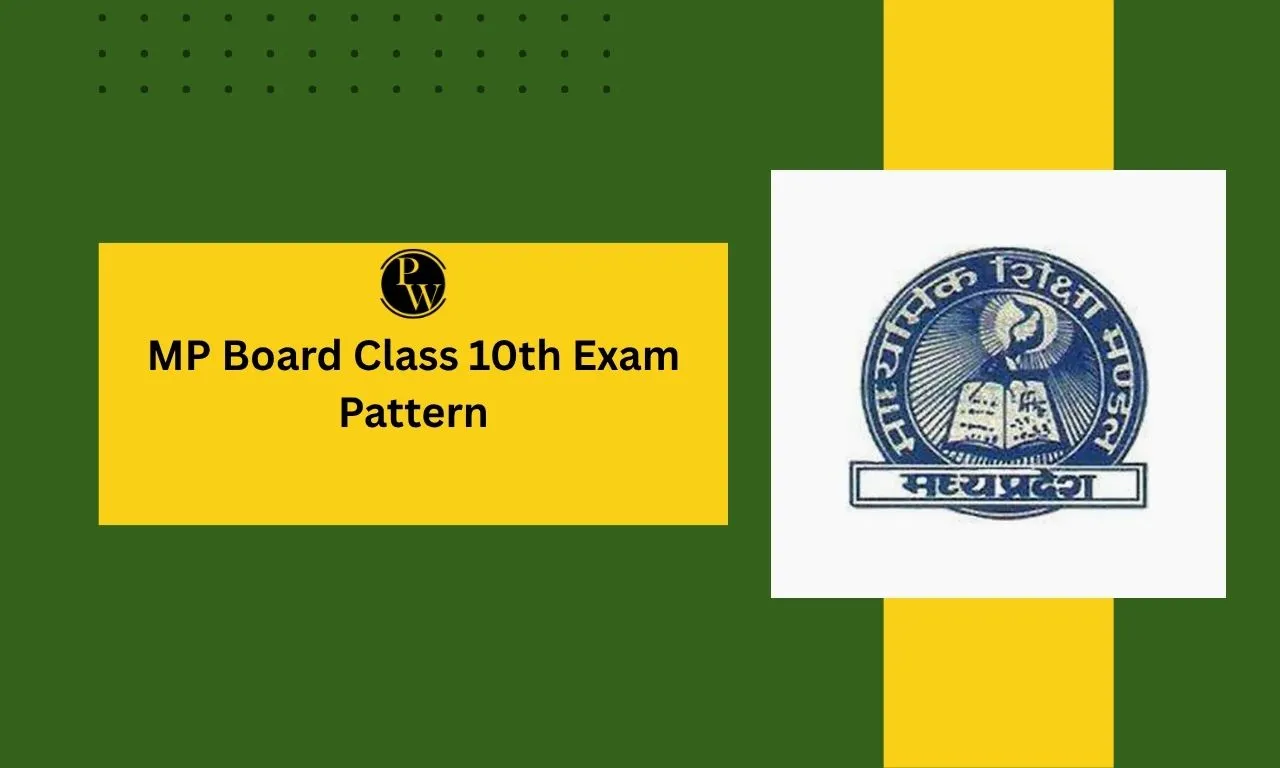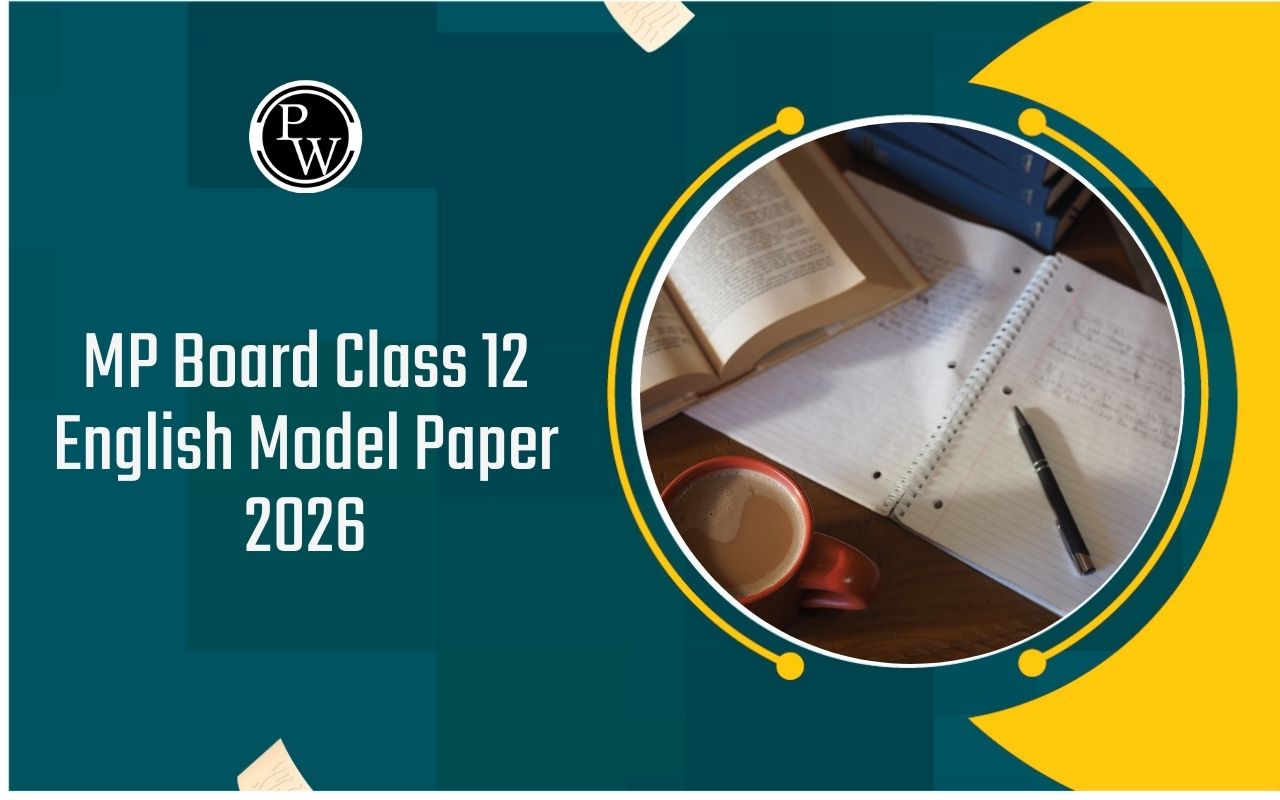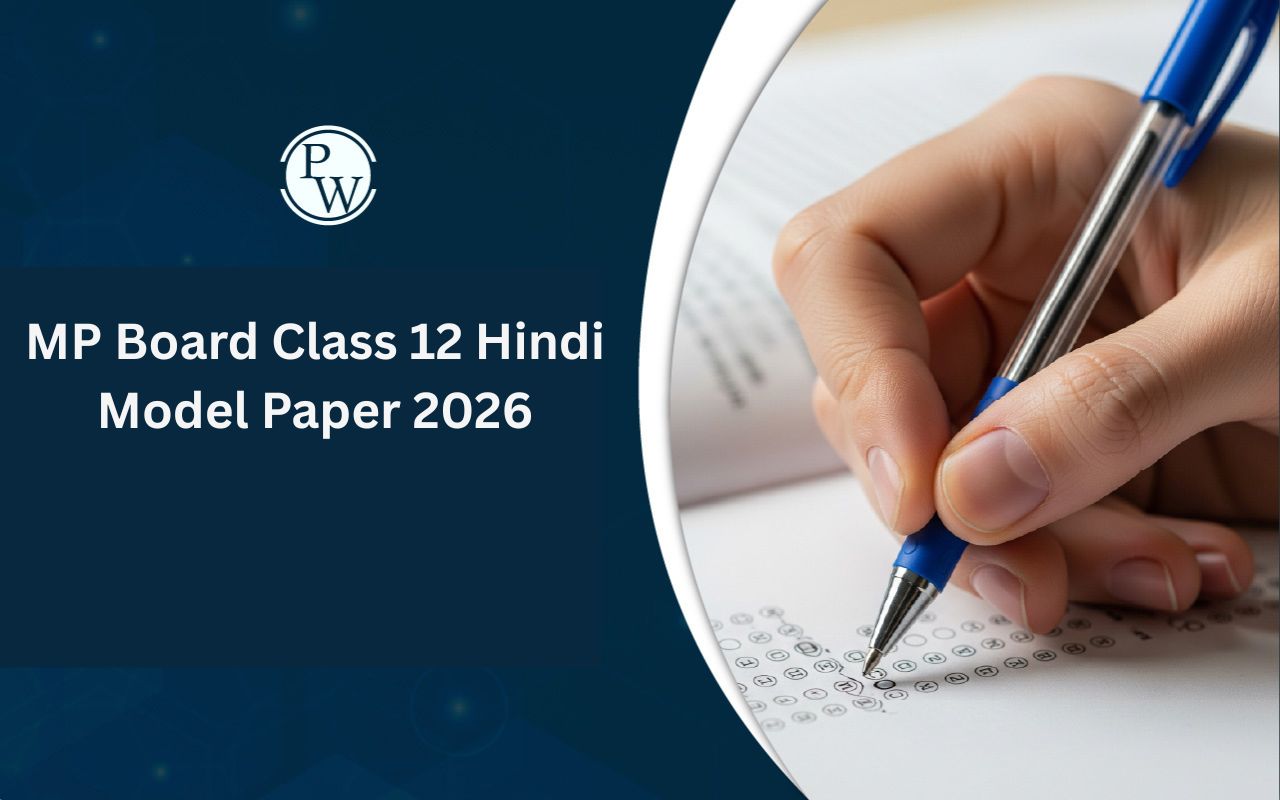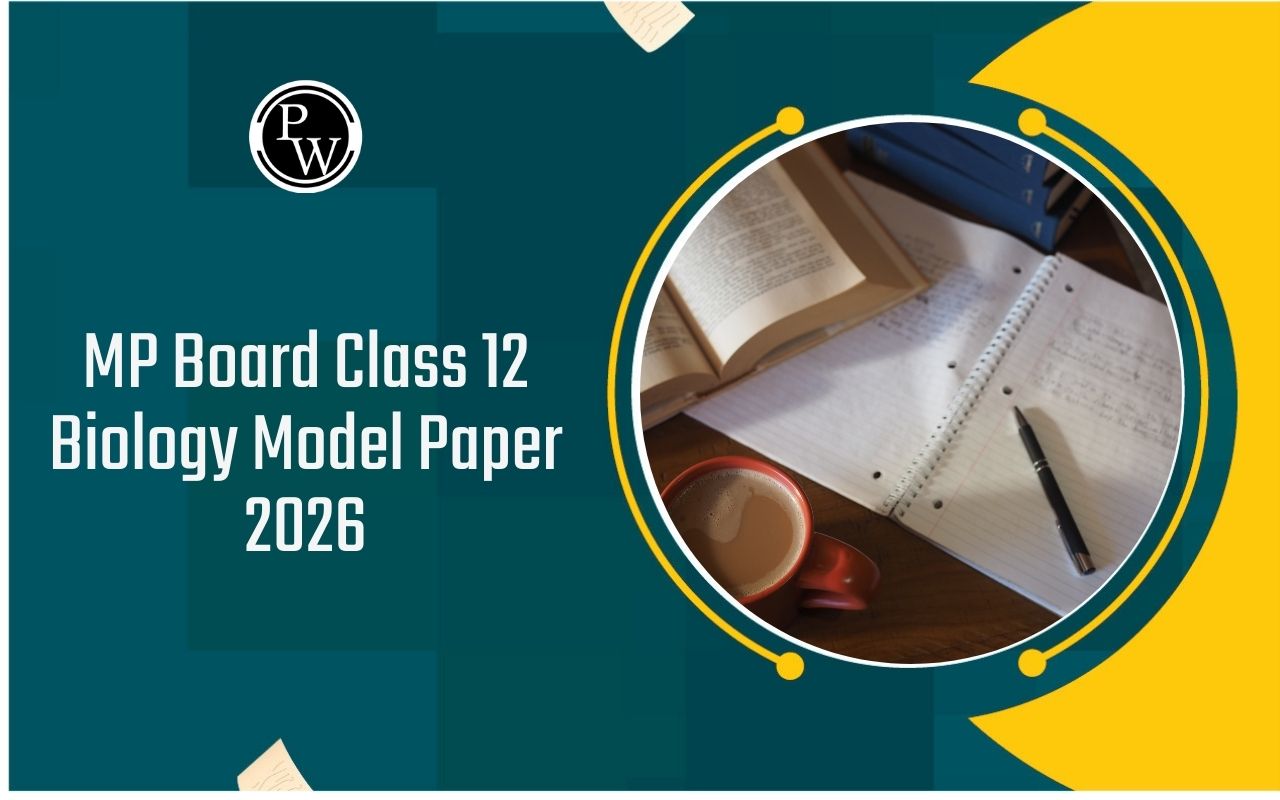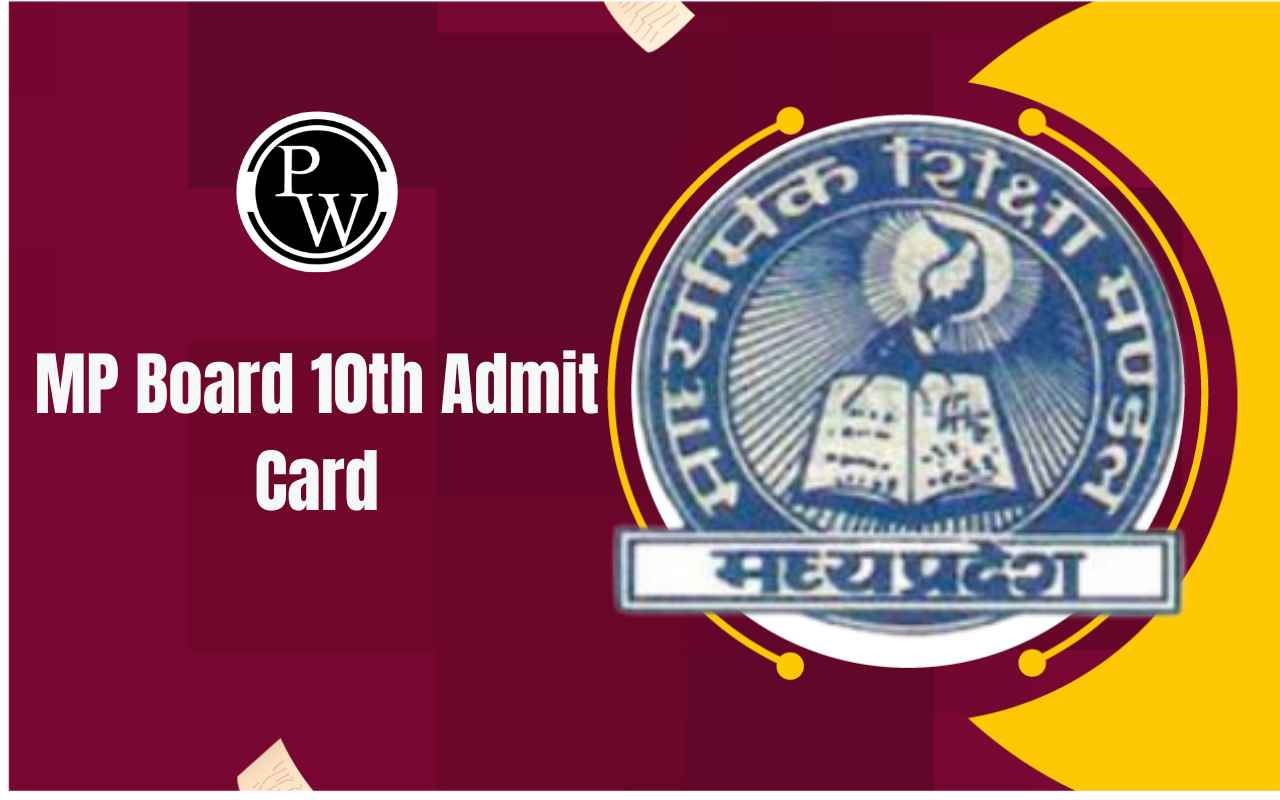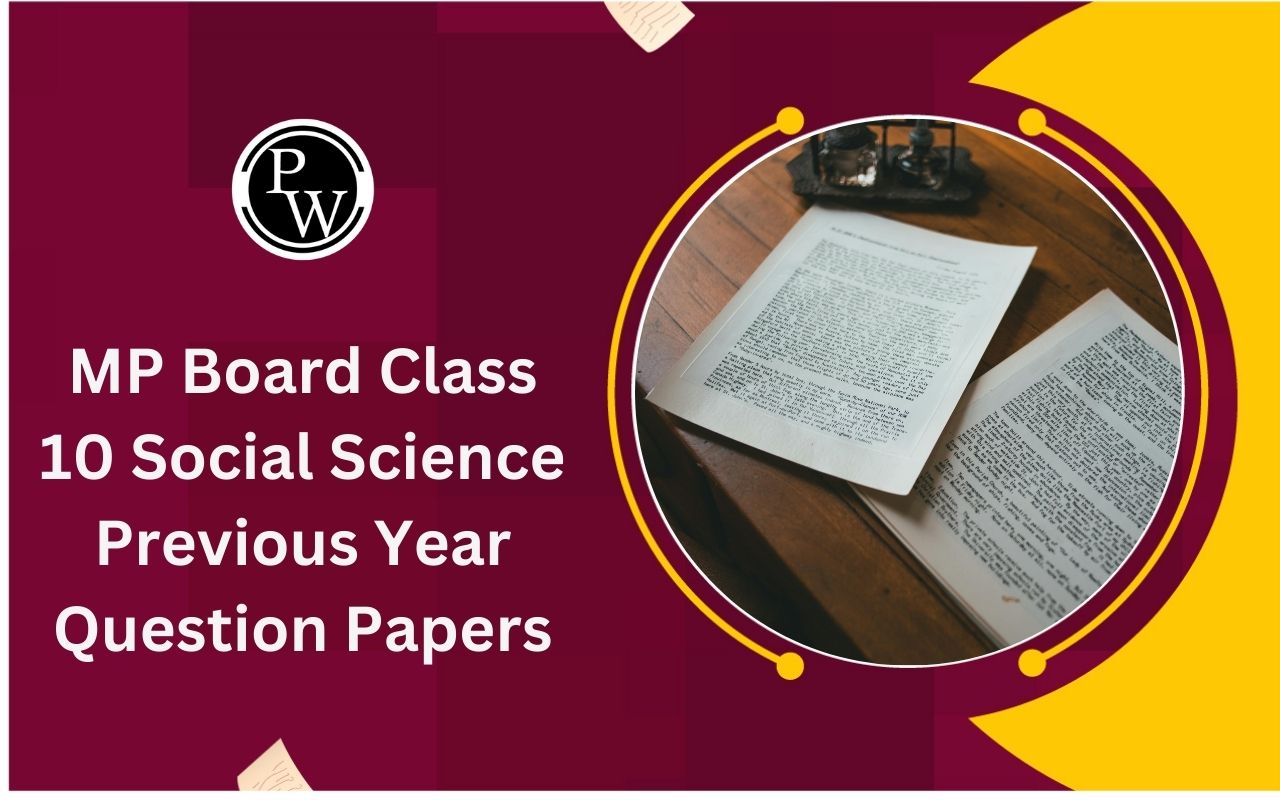
MP Board 11th Class Chemistry Syllabus 2025: The official syllabus for the academic year is released by the conducting body MPBSE. It is available on the official website mpbse.nic.in. The Class 11th syllabus aims to provide students a complete foundation for board exams.
The students are suggested to choose a preferable stream based on their academic goals whether it’s Arts, Science, or Commerce. The subject Chemistry is included in the Science stream, introducing students to core concepts such as atomic structure, chemical bonding, thermodynamics, and hydrocarbons and preparing them for higher education and competitive exams.
MP Board 11th Class Chemistry Syllabus 2025 Overview
The MP Board 11th syllabus must be taken into consideration by the students who have opted science stream. A clear grasp of 11th-grade chemistry is essential for performing well in board exams and competitive entrance tests like NEET, JEE, and CUET.
The MP Board Chemistry examination will be conducted for 70 marks and students need to complete it in 3 hours.
The exam pattern is mentioned below and students must prepare for the academic exam accordingly by giving importance to subjective as well as objective questions.
The exam paper will include MCQs, fill ups, true/false, and very-short, short, and long answer type questions to test theoretical knowledge.
MP Board 11th Class Chemistry Syllabus 2025 Download PDF
The MP Board 11th Class Chemistry Syllabus 2025 PDF allows students to go through the syllabus and plan their study time accordingly. It will help in prioritizing important topics, focus on every unit, and manage time across various units accordingly.
The syllabus includes the marking scheme and the details about the exam pattern as well. Students must keep a copy of the syllabus to ensure complete preparation. They can download the syllabus from below:
Download MP Board 11th Class Chemistry Syllabus
Study without using the internet
MP Board 11th Class Chemistry Syllabus 2025 Marking Scheme
The board releases a separate MP Board 11th marking scheme 2025, allowing students to have a clear perspective about the syllabus and the types of questions they must prepare in order to score well in the academic year.
The written exam holds a weightage of 70 marks while the practical exam carries 30 marks. Students are advised to give importance to both conceptual and practical understanding.
Students must prioritize units like Hydrocarbons and Organic Chemistry – Some Basic Principles and Techniques as they carry the highest weightage of marks in the paper.
|
MP Board 11th Class Chemistry Syllabus 2025 Marking Scheme |
|||
|
S. No. |
Unit |
Chapters / Topics |
Marks |
|
1 |
Some Basic Concepts of Chemistry |
|
07 |
|
2 |
Atomic Structure |
|
09 |
|
3 |
Classification of Elements and Periodicity in Properties |
|
06 |
|
4 |
Chemical Bonding and Molecular Structure |
|
07 |
|
5 |
Thermodynamics |
|
09 |
|
6 |
Equilibrium |
|
07 |
|
7 |
Redox Reactions |
|
04 |
|
8 |
Organic Chemistry – Some Basic Principles and Techniques |
|
11 |
|
9 |
Hydrocarbons |
|
10 |
|
Total |
70 |
||
A separate PDF of practical assessment is also released by the MP Board to give details about the practical exam. The Practical assessment carries 30 marks and is divided into various sections like viva and experiments. Students must go through the table mentioned below for better understanding:
|
MP Board Class 11 Chemistry Practical Exam Scheme |
||
|
S. No. |
Topic |
Marks |
|
1. |
Volumetric Analysis (with single titration indicator) |
8 |
|
i. Aim, Required Materials, Principle & Procedure |
3 |
|
|
ii. Calculation |
3 |
|
|
iii. Result & Precautions |
2 |
|
|
2. |
Inorganic Salt Analysis (1 Acid Radical + 1 Basic Radical) |
8 |
|
i. Writing correct confirmatory test for one acid and one basic radical |
6 |
|
|
ii. Writing result with observation |
2 |
|
|
3. |
Organic Chemistry – Identification of elements in organic compounds: N, S, Cl, Br, I |
4 |
|
4. |
Project/Experiment Report |
4 |
|
i. Objective |
1 |
|
|
ii. Required Material |
1 |
|
|
iii. Procedure (Based on Demonstration) |
2 |
|
|
Make a written record of the performed experiment. |
||
|
5. |
Annual Practical Record Book |
4 |
|
6. |
Viva Voce |
2 |
|
Total |
30 |
|
MP Board 11th Class Chemistry Syllabus 2025 Benefits
-
The syllabus allows students to include books in their study schedule which are permitted by the MP Board. The MP Board curriculum follows the NCERT which saves the time of students by focusing on only one book rather than studying from multiple books. NCERT books cover syllabus for national-level competitive exams like NEET, JEE, and CUET. This helps students prepare for both board exams and entrance tests simultaneously.
-
The syllabus promotes a balanced approach. It includes conceptual theory, numerical problem-solving, and lab-based skills, promoting a balanced understanding of both concepts and applications in real life and industry.
-
Units such as Equilibrium, Redox Reactions, and Chemical Bonding are included in the syllabus to improve analytical and logical reasoning. Students develop critical thinking skills needed for higher-level problem solving.
-
Each unit is assigned a specific mark weightage (from 4 to 11 marks), helping students prioritize chapters during revision. This promotes smart study planning and effective time management.
-
Through topics like Quantitative and Qualitative Analysis in Organic Chemistry and Hydrogen bonding experiments, students get exposure to hands-on lab work, essential for future scientific pursuits.
MP Board 11th Class Chemistry Syllabus 2025 FAQs
How many syllabus are there in chemistry class 11?
What is the total mark distribution for MP Board 11th Chemistry 2025?
Where can I download the MP Board 11th Chemistry syllabus 2025 PDF?
Is NCERT enough for MP Board 11th Chemistry exam preparation?
Are numerical problems asked in the MP Board 11th Chemistry exam?


